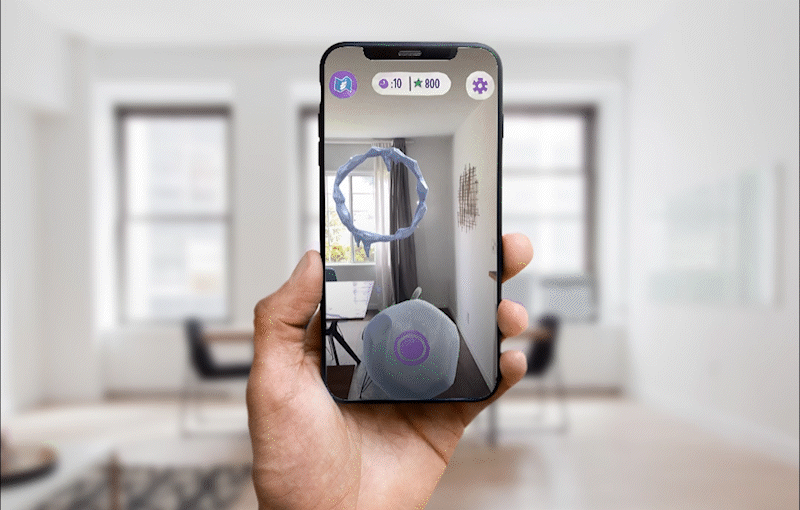Niantic Code Infrastructure Tech Leader

Joining the team to redesign the code infrastructure and portability, the new management decided to pivot towards a company wide monorepo managed by bazel.
I quickly ramped up and became the tech leader for the SDK code platform infrastructure first, and then company-wide.
The new code base building system supported the following:
- Full portability code towards all the platforms
- Custom Clang toolchain management to support full cross-compatibility through the diverse target ecosystem
- From any of Linux, macOS, or Windows, compile C/C++ code for
- Windows
- all *OS Apple targets
- Android
- Linux
- Running/Testing code remotely to any Unix-based platform in the cloud, using Bazel Remote Execution
- From any of Linux, macOS, or Windows, compile C/C++ code for
- Via the compilation of Apple code on Linux, we saved a considerable amount of money for the CI infrastructure.
Given the completely heterogeneous environment, we added custom rules for Unity and other complex platforms.
Full portable internal cloud-based cache.
Dynamic generation of CI pipelines.
I designed a system which allows querying dependency information for a building system (Bazel fully supported, but support is also possible for CMake), where for every commit/rev diff change (git is fully supported, but support is also possible for other SCMs), we can detect which targets are affected.
We generated a dynamic pipeline on the fly to ensure that only the code affected is run.
Thanks to this, we were able to save around 80% of unnecessary CI runs that are not required during regular development activities.
Joining the team to redesign the code infrastructure and portability, the new management decided to pivot towards a company-wide monorepo managed by Bazel.
Not even AI is capable of doing that as of today.
The Niantic SDK (formerly known as Lightship SDK) remains at the core of the previously owned Niantic games, including the popular Pokémon GO.
Among other activities, I was also the main tech lead responsible for separating the code infrastructure after Scopely acquired Niantic's game division.
.